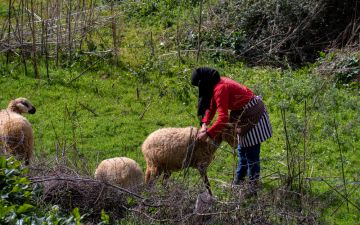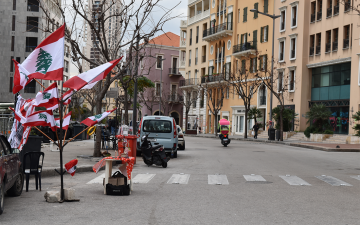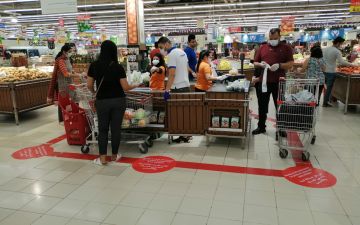In its first season, Almostajad will focus on the COVID-19 crisis and will transition into a weekly explanatory news show in later seasons. Its goal is to engage audiences in the Middle East and North Africa in a deep and thoughtful way, listening to people’s stories and learning how their lives are impacted by world events.
Almostajad will provide content that is independent, fact-checked and offers a critical alternative to state-owned and traditional media in the region. It will report about coronavirus in a nuanced manner, uncovering realities often dismissed or shied away from by the mainstream media, including systemic issues of power, control, racism, mental health, economic inequality, vulnerable communities, and the role of technology.
Sowt is the producer and publisher of Almostajad. The team collaborates closely with independent media in the Middle East and North Africa, including the Febrayer Network, a consortium of media outlets that includes 7iber (Jordan), Mada Masr (Egypt), Al Jumhuriya (Syria), Megaphone (Lebanon) and Ma3azef (regional). It also works with independent media such as Thmanyah (Saudi Arabia) and al Sekka (Oman) to expand its coverage to places that are not typically covered.



